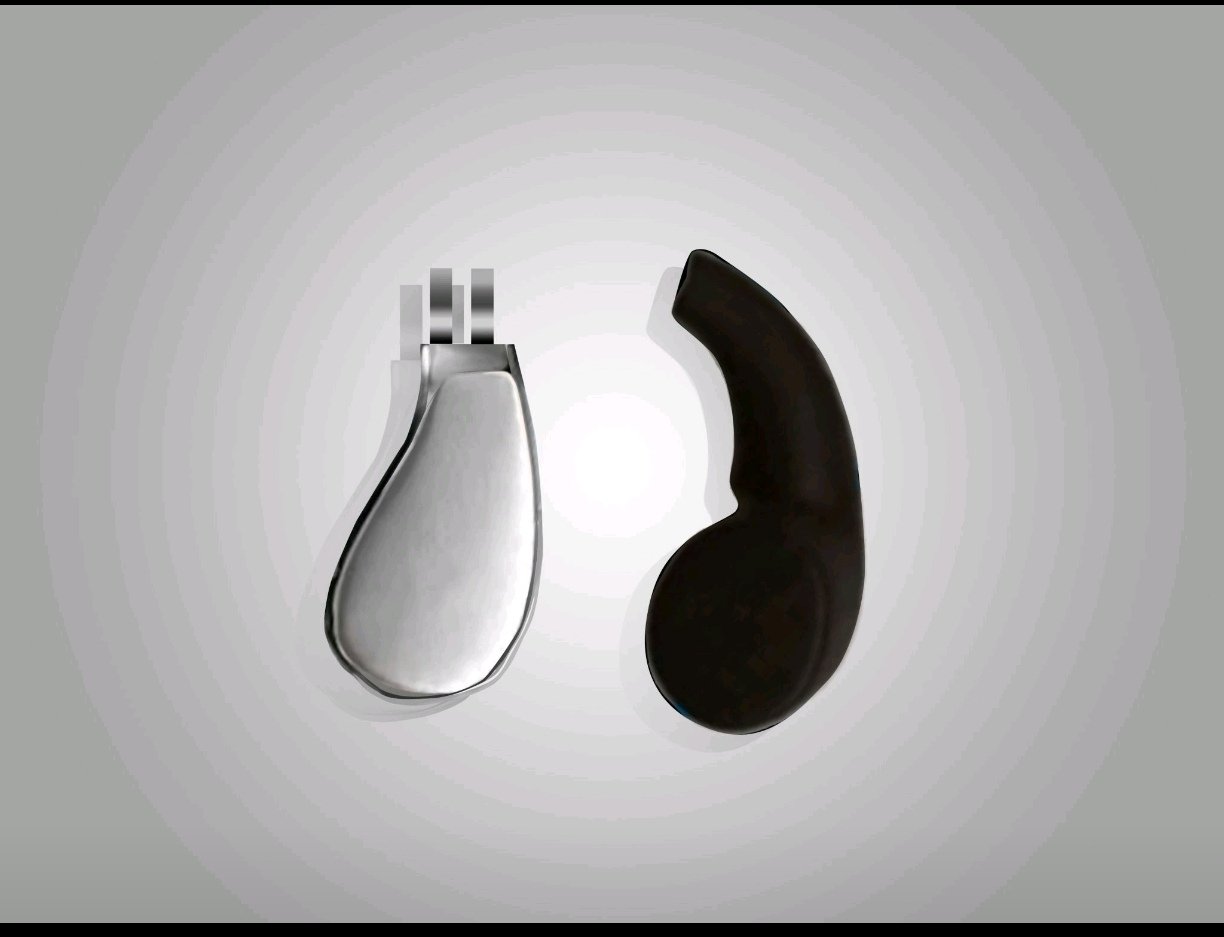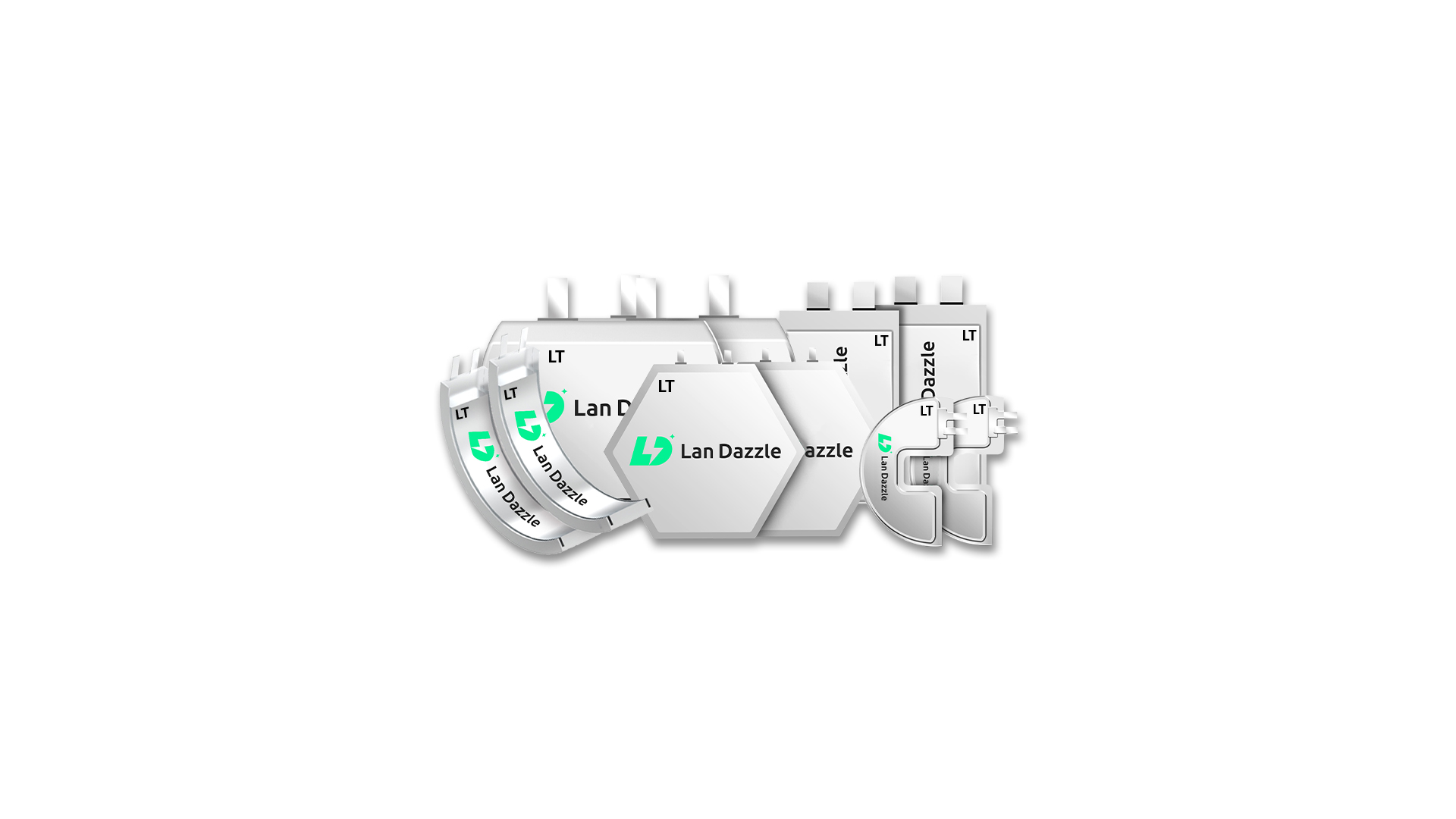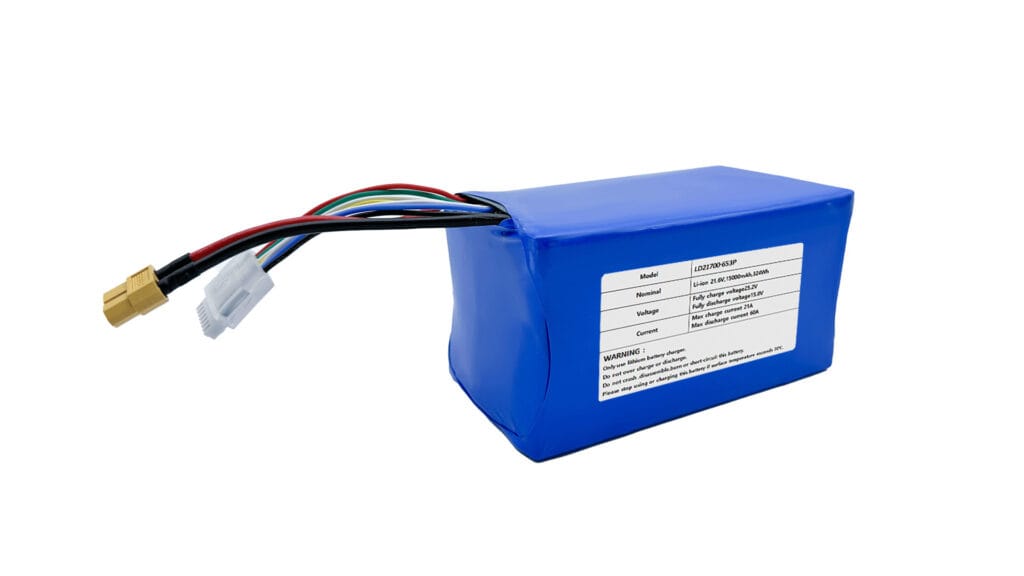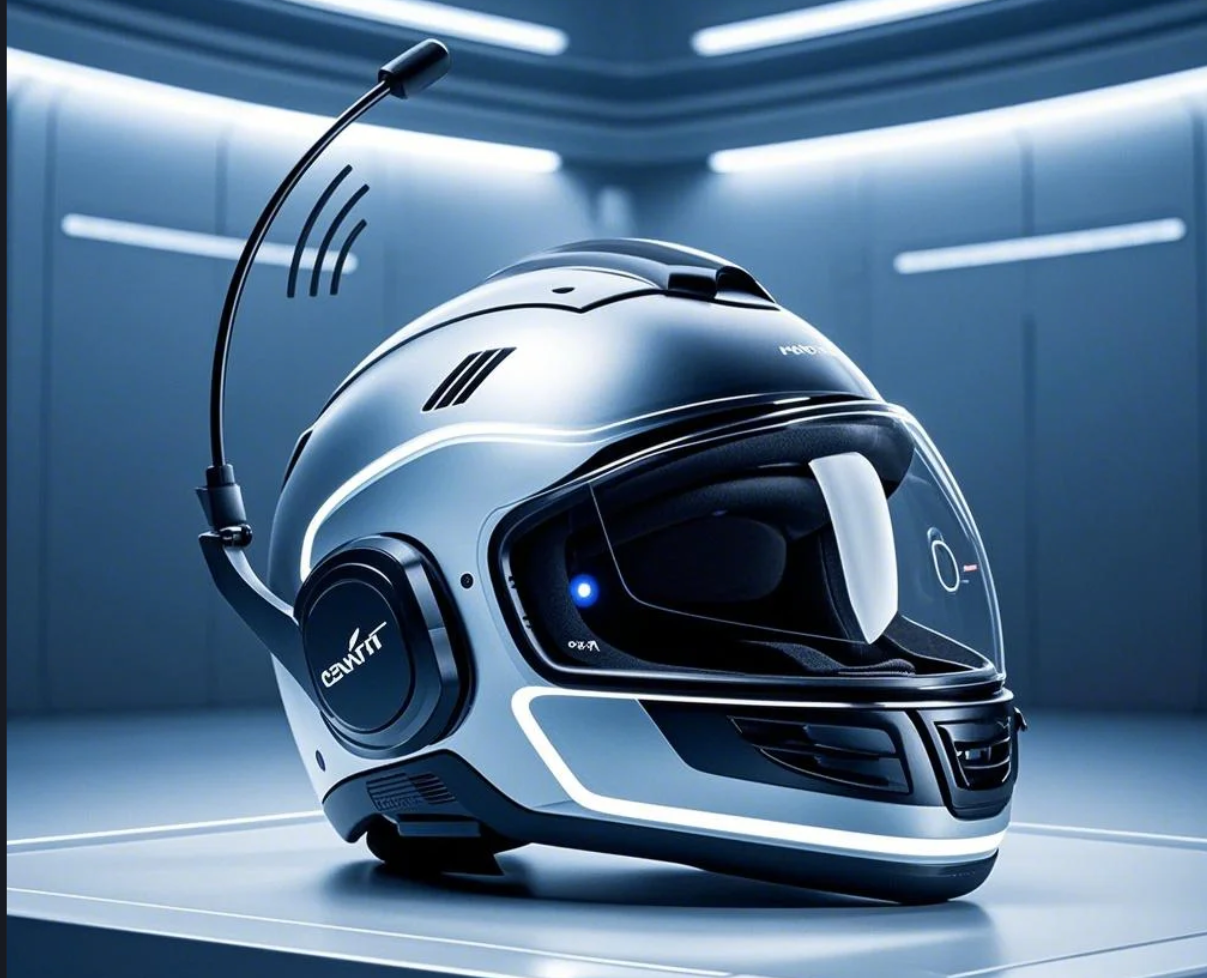The world of audiology is constantly evolving, with hearing aid technology becoming increasingly sophisticated, discreet, and powerful. At the heart of this innovation lies a critical component: the batteries for hearing aids. For hearing aid manufacturers striving to create cutting-edge devices, the choice of battery technology is paramount. While traditional battery types have served the industry for years, a clear leader has emerged in recent times: lithium-ion batteries.
This article delves into the compelling reasons why lithium batteries are the preferred power source for modern hearing aids, particularly for businesses in the manufacturing sector. We will explore the numerous advantages they offer, the crucial role of customization, key considerations for manufacturers, and how Lan Dazzle stands ready to be your trusted partner in providing bespoke lithium battery solutions.
The Evolution of Hearing Aid Power: Why Lithium is Leading the Charge
Historically, hearing aid batteries relied on technologies like zinc-air. While effective for their time, these older battery types present limitations when it comes to meeting the demands of today’s advanced hearing aids. Size constraints become a significant hurdle as devices shrink, and the increasing power consumption of features like Bluetooth connectivity and AI processing necessitates more efficient energy sources. This is where lithium-ion batteries step in as a superior alternative. Their inherent advantages are driving a significant shift in the hearing aid industry, enabling manufacturers to create smaller, more powerful, and longer-lasting devices. The push towards miniaturization and enhanced functionality is a key factor fueling the adoption of lithium hearing aid rechargeable batteries.
Advantages of Lithium Batteries for Hearing Aids
The adoption of lithium batteries in modern hearing aids batteries is driven by a multitude of compelling advantages that directly benefit hearing aid manufacturers and their customers:
- Higher Energy Density: Allows for smaller battery sizes without sacrificing power capacity.
- Longer Lifespan: Rechargeable lithium-ion battery for hearing aids can endure hundreds, and even thousands, of charge cycles.
- Rechargeability: Offers convenience for users and reduces the need for disposable batteries.
- Consistent Power Output: Ensures stable performance of the hearing aid device throughout the discharge cycle.
- Lightweight Design: Contributes to user comfort, especially in small, in-the-ear models.
- Safety Features: Includes protection circuits against overcharging, over-discharging, and short circuits.
The Importance of Customization: Tailoring Power to Innovation
In today’s competitive market, hearing aid manufacturers are constantly pushing the boundaries of innovation, leading to increasingly complex and miniaturized device designs. This often means that off-the-shelf hearing aid batteries simply won’t fit or provide the optimal power solution. The ability to create custom-shaped batteries becomes essential for maximizing space utilization within the hearing aid and achieving specific power requirements.
Tailoring the battery for hearing aids to the precise form factor of the device allows manufacturers greater design flexibility and the ability to incorporate more advanced features. Lan Dazzle understands this critical need and specializes in providing custom lithium battery solutions. We work closely with hearing aid manufacturers to design and produce batteries of various shapes and sizes, ensuring a perfect fit and optimal performance for their unique devices.
Key Considerations for Hearing Aid Manufacturers When Choosing Lithium Batteries
Selecting the right lithium hearing aids batteries is a critical decision for hearing aid manufacturers, with several key considerations that must be carefully evaluated:
- Safety and Regulatory Compliance: Ensure batteries meet relevant safety standards and certifications for medical devices in target markets.
- Battery Lifespan and Reliability: Choose durable batteries with a consistent and predictable lifespan.
- Charging Technology and Integration: Select batteries compatible with chosen charging systems for seamless and user-friendly integration.
- Cost-Effectiveness: Analyze the long-term cost benefits, considering extended lifespan and reduced need for replacements.
- Supplier Reliability and Expertise: Partner with an experienced manufacturer with a deep understanding of the hearing aid industry.
Lan Dazzle: Your Partner in Custom Lithium Battery Solutions
At Lan Dazzle, we are dedicated to providing hearing aid manufacturers with cutting-edge custom lithium battery solutions. We understand that every hearing aid design is unique, and our expertise lies in creating batteries of different shapes and sizes to meet your specific requirements. Our advanced manufacturing techniques and rigorous quality control measures ensure that our hearing aid rechargeable batteries are reliable, safe, and perform to the highest standards.
By partnering with Lan Dazzle, you gain access to a team of experts committed to providing innovative and cost-effective power solutions for your hearing aid devices. Contact us today at info@landazzle.com or visit landazzle.com to discuss your custom lithium battery needs and discover how we can help power your next generation of hearing aids.
Conclusion
Lithium batteries have revolutionized the power landscape for modern hearing aids, offering significant advantages in terms of energy density, lifespan, and rechargeability. For hearing aid manufacturers, the ability to customize these batteries is key to unlocking further innovation and creating superior devices. Lan Dazzle stands as a trusted partner, providing the expertise and capabilities to deliver bespoke lithium battery solutions that meet the unique demands of the hearing aid industry. As technology continues to advance, lithium batteries will undoubtedly remain at the forefront, powering the future of better hearing for millions worldwide.
FAQ
- What is the typical lifespan and warranty period for lithium batteries used in rechargeable hearing aids?
High-quality lithium-ion batteries can typically last for 3-5 years or around 500-1000 charge cycles, with warranty periods varying depending on the manufacturer. - Can lithium batteries be customized in terms of shape and size for specific hearing aid designs?
Yes, Lan Dazzle specializes in designing and manufacturing custom-shaped lithium batteries to fit the unique requirements of different hearing aid models. - What are the advantages of lithium-ion batteries compared to other rechargeable battery technologies for hearing aids?
Lithium-ion batteries generally offer higher energy density, longer cycle life, and a lighter weight compared to other rechargeable technologies like NiMH. - What is the typical lead time for developing and manufacturing custom lithium batteries for hearing aid devices?
Lead times can vary depending on the complexity of the design and order volume, but Lan Dazzle works efficiently to meet customer timelines.
- What are the best practices for charging and maintaining lithium batteries in hearing aids to maximize their lifespan?
Typically involves using the recommended charger, avoiding extreme temperatures, and not fully discharging the battery frequently. - What are the key factors that influence the cost of lithium batteries for hearing aid manufacturers?
Factors include the battery capacity, size, customization requirements, safety certifications, and order volume.





